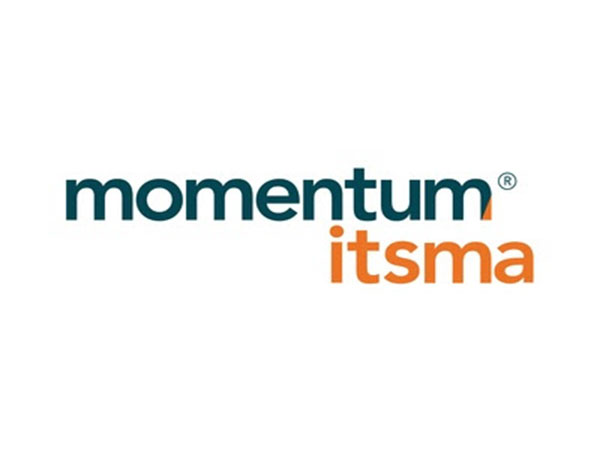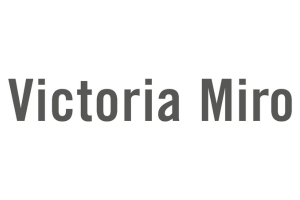Preparing for your annual performance review
 What’s the first thing that goes through your mind when you are asked to prepare for your annual performance review? It could be fear, concern or denial. Generally, we avoid feedback because we hate being criticised.
What’s the first thing that goes through your mind when you are asked to prepare for your annual performance review? It could be fear, concern or denial. Generally, we avoid feedback because we hate being criticised.
Whatever the cause of your discomfort, it’s important to your professional and personal development to prepare well for your annual performance review AND to train yourself to seek feedback and to listen carefully when you hear it. Setting aside time to complete your self-evaluation can help with all of the above. When we are asked by clients to review their performance review processes we are usually steered towards providing support and guidance for the Line Manager. But we also like to think that for a meaningful conversation to ensue, preparation by the appraisee is as important.
How can you prepare for your annual performance review?
- Contact an appropriate number of people (3 or 4 peers) who will give you a good balanced overview of your performance against competencies (where you have these). Try to avoid asking only those who you know will give only positive feedback. Make sure to include colleagues or peers who you feel confident will provide developmental feedback. If you don’t have a set of competencies, ask them to articulate what they perceive as your strengths and areas of development with examples where possible.
- Review the whole appraisal document, familiarise yourself with the rating scale and any instructions or criteria. If you’re unclear on certain aspects, reach out to your manager for clarity.
- It also helps to review your job description and/or performance goals as they will help to give you a guidepost to measure your performance against.
- Give yourself time to reflect on the past year. Think about your achievements and other successes as well as your key learnings, referring to any notes or emails that you may have retained.
- Do include examples, focusing on specific ‘wins’ such as a highly effective piece of research, presentation or project, clients you gained or challenges you overcame.
- Be prepared to articulate examples of standout performance where you have scored yourself highly, and equally to discuss why you think something is a weak spot where you have scored yourself lower.
- Research shows that employees tend to default to ‘above-average’ ratings for themselves. To avoid overinflating (or downplaying) your achievements, begin at the midpoint of the rating scale, and then move up or down as needed. Therefore, start from a position of average performance (remembering this means you have fully achieved your goals!) and then determine whether that is accurate or whether you can justify a higher or lower than average performance rating with insights from your reflection and examples.
Useful questions to ask yourself
- What unhelpful assumptions am I currently making about the meeting?
- What are the key points I need to get across/discuss/highlight?
- What has been going really well for me this year?
- What has not been going as well as I might like?
- What requests do I have of my Line Manager to support my career development?
- Who might help me to improve my areas of development?
- What conversation might arise that could be challenging? How can I prepare well for this?
In summary, by taking time to prepare well, it is less likely that there will be any surprises that generate discomfort. The ideal goal is for a positive conversation with a mutual exchange of views that focus on specific examples of performance and suggestions for future development.
If you would like People Business to review your organisation’s performance review process or any other aspect of your HR, please get in touch to talk to one of our consultants.




